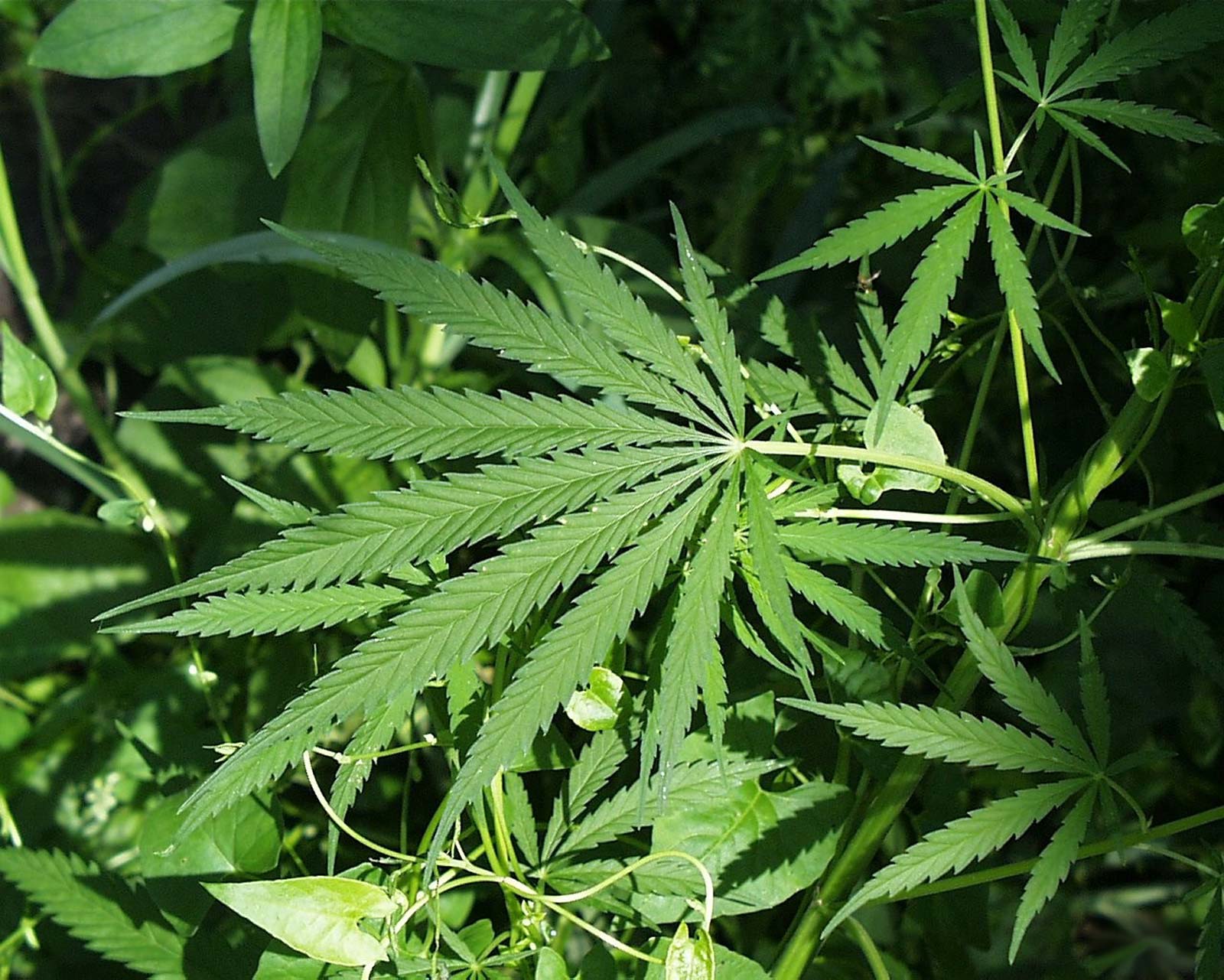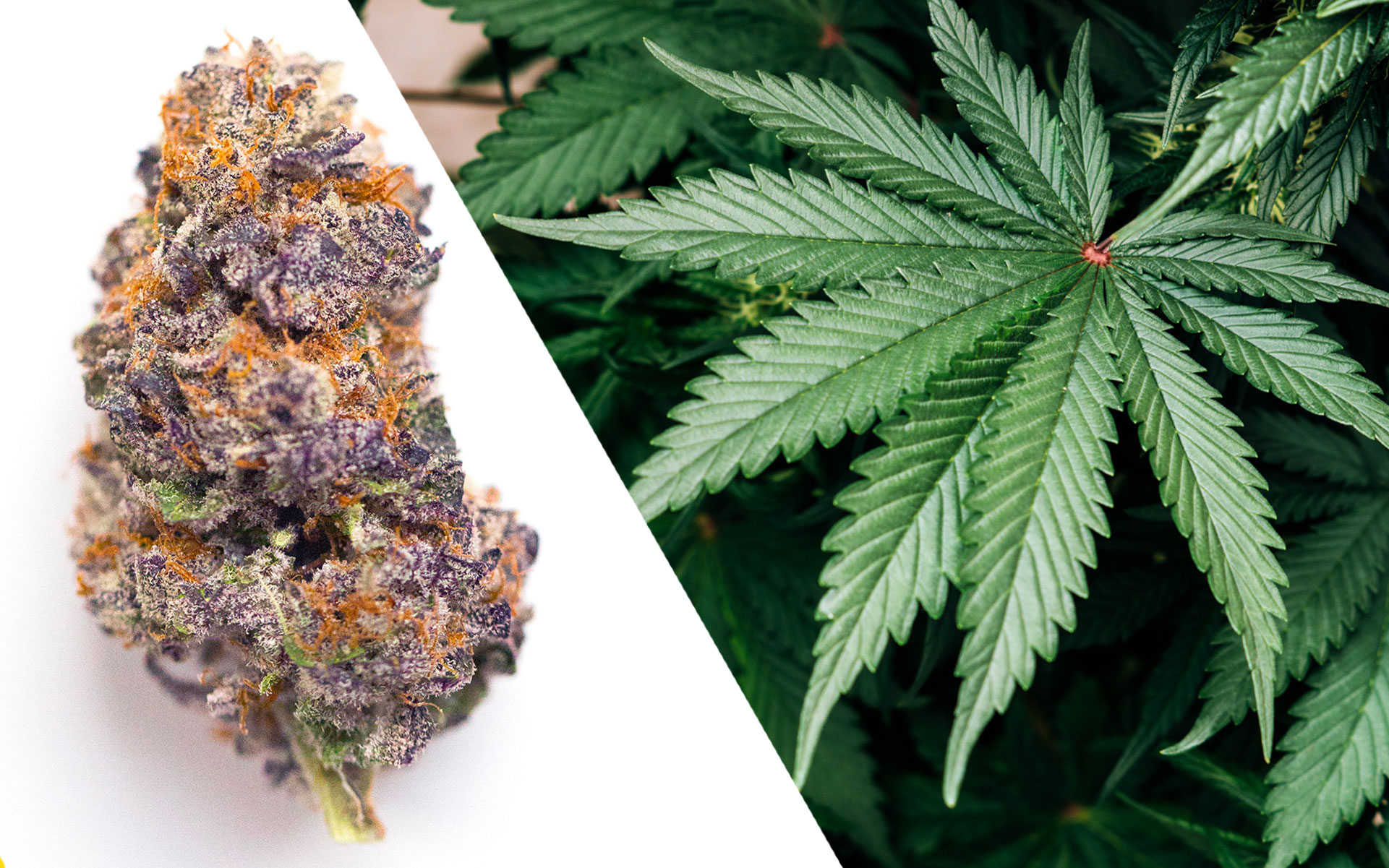Is an American private research university on the border of Medford and Somerville, Massachusetts, founded in 1852 by Christian Universalist who sought to open a nonsectarian institution for higher learning dedicated to educating new leaders for a changing World and a world-class research equip graduates. Charles Tufts donated 20 acres to the church as he wanted to ‘put light on it’ and the donation is still at the heart of TUFTS. Is also a global campus known for fostering different communities of students to be future leaders who are ready to make significant contributions to the society. Its aim is to bring out innovators, global leaders, social impactors and transformers. It is located in Somerville, Massachusetts in the Boston Area. It is the third oldest college in the Boston area.
Hosea Ballou became the first president of the college as he was one of the biggest influencer in the establishment of the college. The campus was opened in August 1854 and after the president’s death, he was succeeded by Alonzo Ames. He did several advances which includes the establishment of preparatory schools, Goddard seminary, Westbrook seminary, and Dean Academy.
It was a small college that transformed into a larger research university that emphasizes on active citizenship and public service in all disciplines and also known for its internationalism and study abroad programs. It offers both undergraduate and graduate programs across ten schools in the greater Boston area and Tallies, France has the country’s oldest graduate school of international relations, the Fletcher school of law and diplomacy. The largest school is the school of Arts and Sciences, which includes both the graduate school of Arts and Sciences and the School of Museum of Fine Arts at Tufts University, which is affiliated with the Museum of Fine Arts, Boston. The school of Engineering offers an entrepreneurial focus through its Gordon Institute and maintains close connections with the original college.
The university has a campus in Downtown Boston that houses the medical, dental and nutrition schools as well as the graduate school of Biomedical Sciences, affiliated with several medical centers in the area. It offers joint undergraduate degree programs with the New England Conservatory, and the Sciences Po Pans with additional programs with the University of Paris, Oxford University and constitutes of London University, several of its programs have affiliated with the nearby institutions of Harvard University and the Massachusetts institute of Technology.
TUFTS is considered as highly selective, and admitted only 15% of applicants in fall 2020. It has graduated several Rhodes, Marshall, Fulbright, Truman and Goldwater scholars. Alumni and affiliates include Head of states, Governors, Nobel laureates, Senators, Representatives, Emmy and Academic award winners, and National Academy Members.

